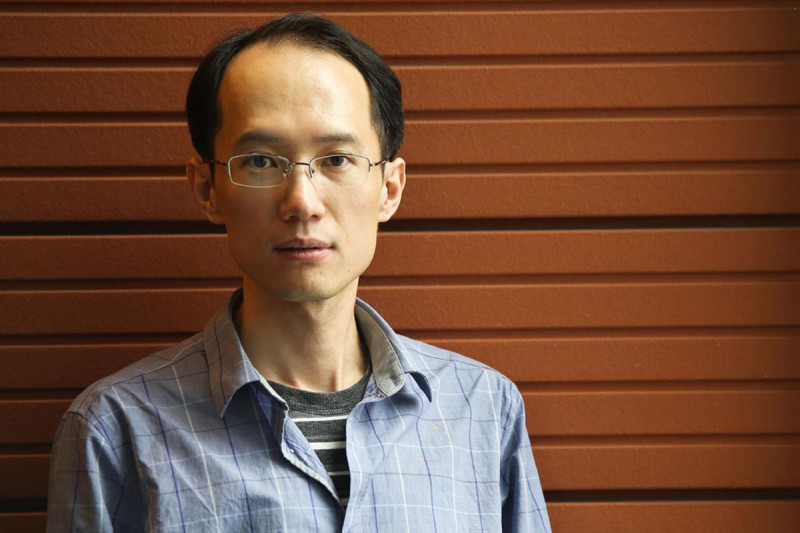
I received my PhD in biochemistry and biophysics from the Institute of Biophysics, Chinese Academy of Sciences. Then I worked as postdoc fellow in Roswell Park Cancer Institute where I studied the regulation of Mdm2 ubiquitination and the p53 response by NEDD4-1 E3 ligase.
In 2014, I joined Chiosis lab at Memorial Sloan Kettering Cancer Center. In Chiosis lab, I am interested in understanding the mechanisms of Heat Shock Protein 70 (HSP70) in cancer. Heat shock protein 70 family members (HSP70s) are important cancer chaperone proteins. Through using the HSP70 chemical tools, we identified and analyzed the HSP70 interactome in cancer and investigated the HSP70 regulated mechanisms of anti-apoptosis and cell cycle control. In Chiosis lab, I am actively involved in a multi-disciplinary research team. That includes collaboration with chemists to study the PK & PD effects of novel HSP70 inhibitors and collaboration with physician to evaluate the potency of HSP70 inhibitors on clinical patient samples. All these efforts will contribute to understanding the mechanisms of HSP70 in cancer and translation of HSP70 inhibitors into clinical anti-cancer therapies.